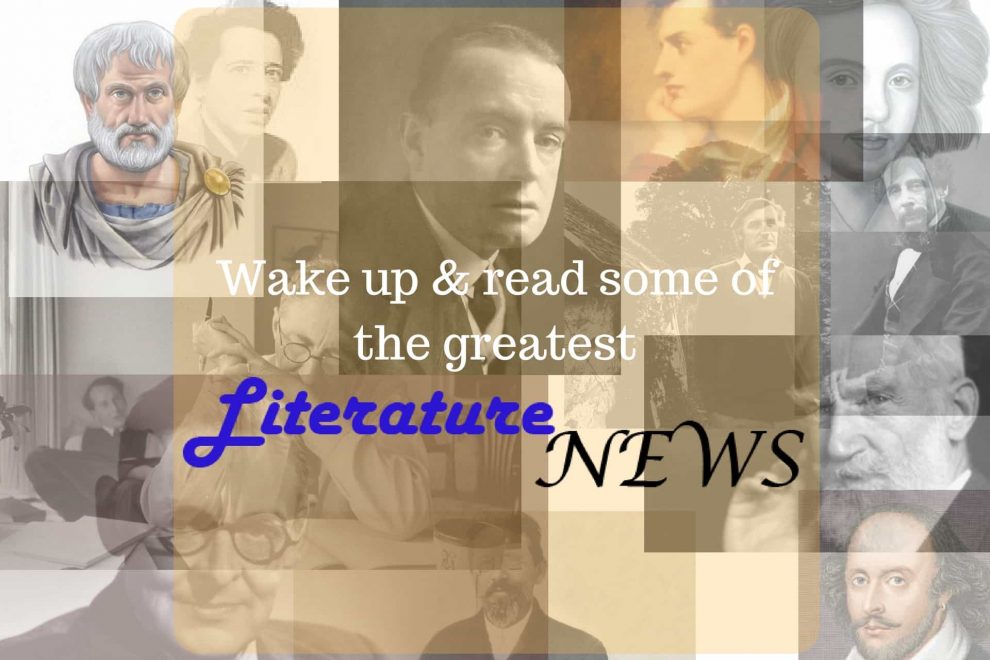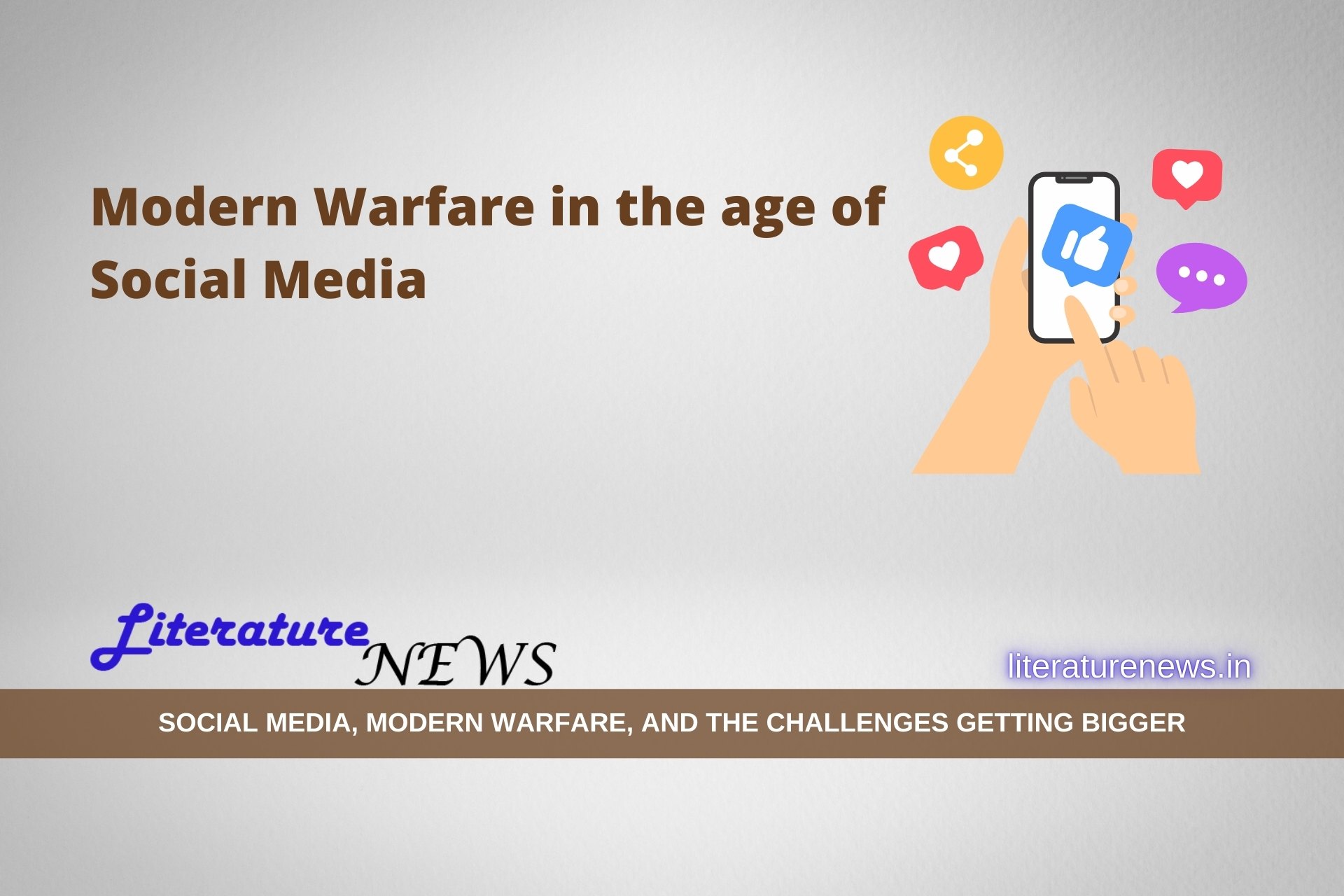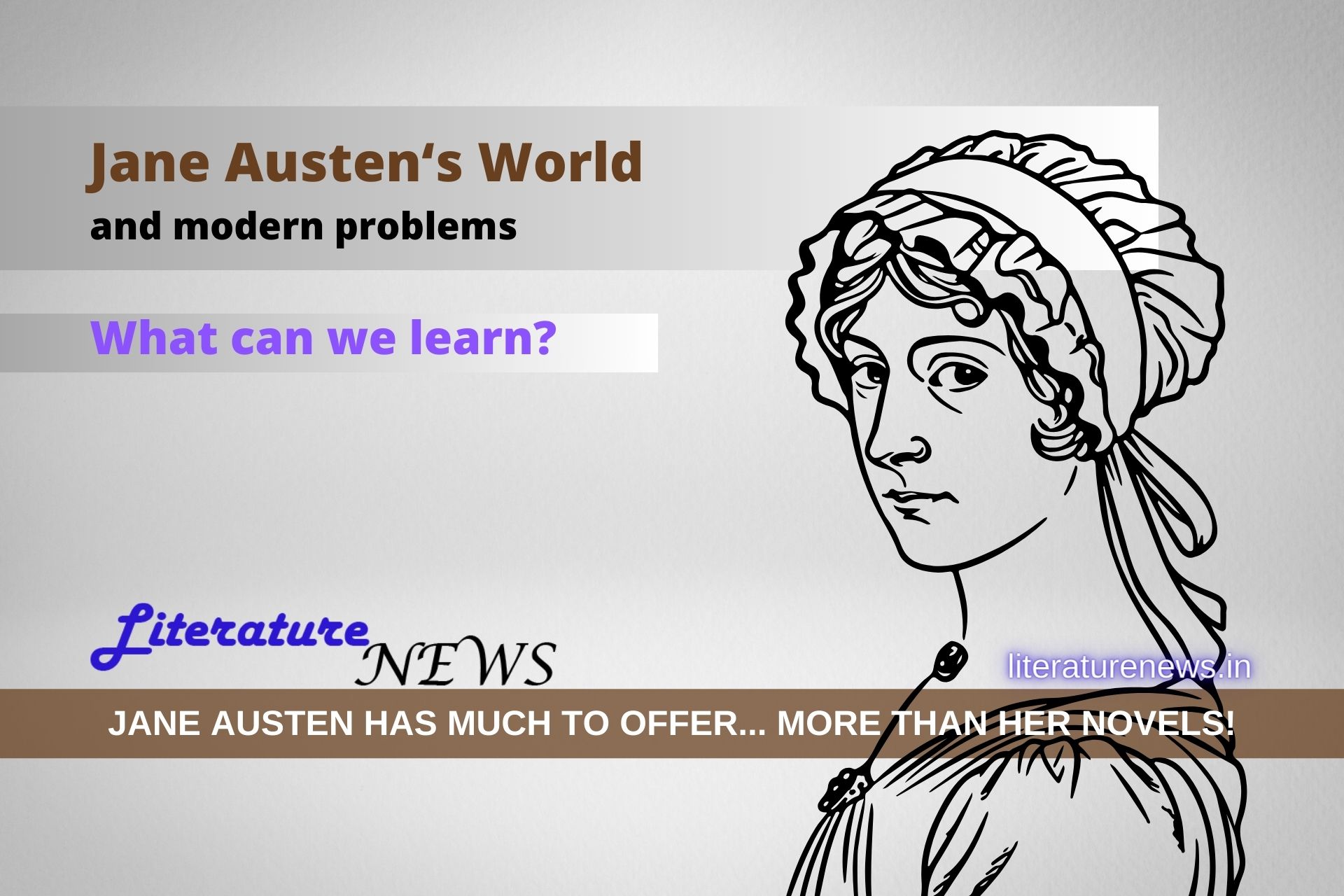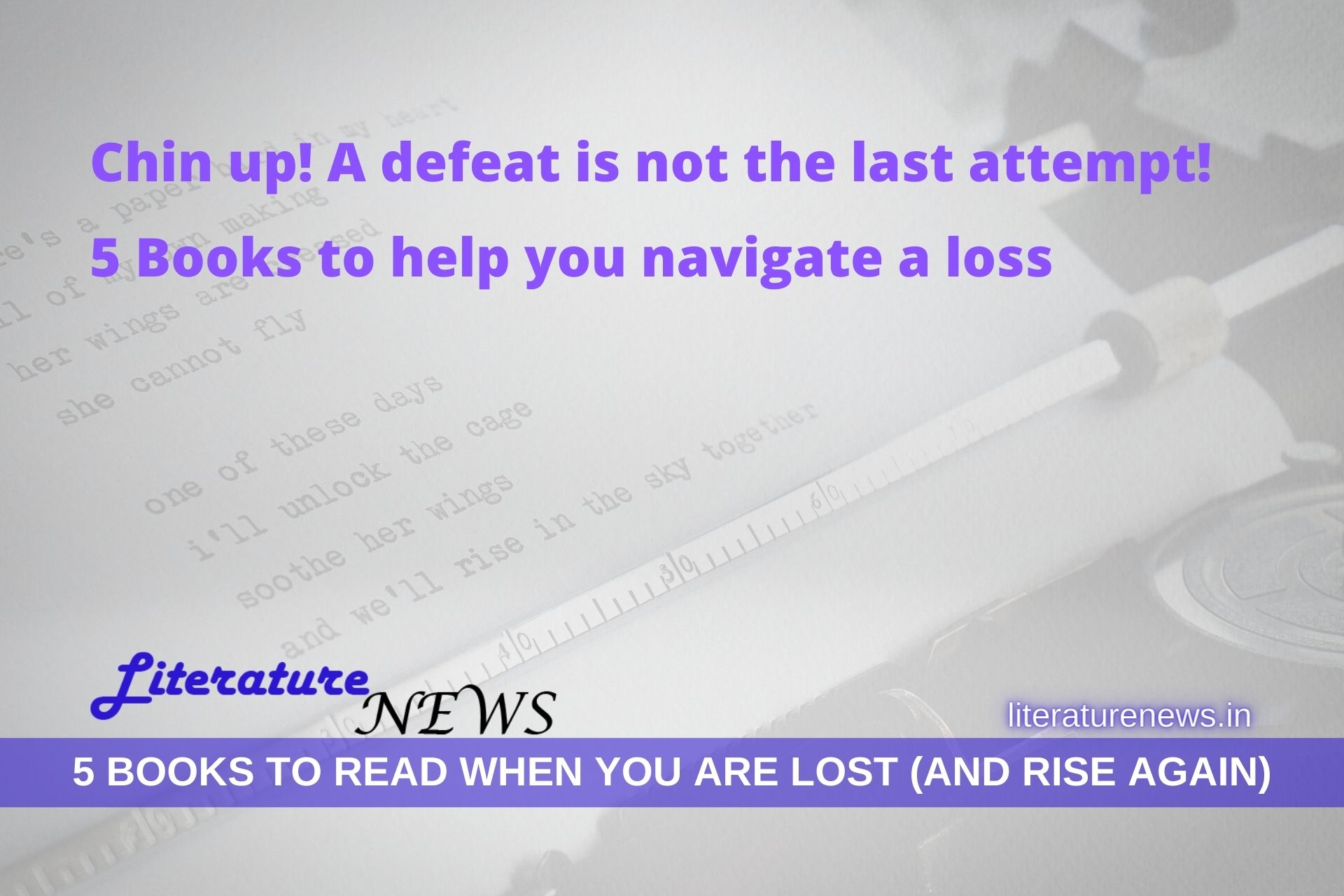Literature is not limited. Unlike science which demands proofs that should not be refuted, literature has space for arguments, imagination, realism, history and even vagabond thoughts which are not at all reliable. Literature can be fueled by a lover’s sighting of his beloved’s beautiful face or a passionate lover seeing the grave of his deceased muse. We can debate about the outcome, the production or the result of these capricious or long-time inspirations. However, we can certainly be sure that tragedies or victories, smiles or tears, win or loss, life or death, beautiful or ugly… every binary that we can imagine has the same appeal for those who produce literature. It depends upon the literary genius of a person how he or she uses the fuel.
Something inspirational must have inspired Robert Frost and he wrote one of the most celebrated poems, The Road Not Taken. Something too wonderful must have crossed the mind of John Keats when he wrote those opening lines, epic opening lines (to ascribe appropriate terms), when he mused that beauty is eternal. T. S. Eliot must have been through a traumatic experience when he produced the eternal poem, the most-debated poem yet, The Waste Land. The list will be a long one if we try to include the production of literary repute on this. However, it is all here just to point to a conclusion that literature is induced by capricious or a long-term inspiration.
With the same lense, if we scrutinise the great Indian literature, we can point out the important events of the recent past – independence, the British rule, the freedom movement of 1857, the emergency imposed by Indira Gandhi, the division of the country into two different nations, India and Pakistan. If we get back to the early history and pre-history, we find the magnificent literature like Mahabharata by Rishi Ved Vyas and Ramayana by Guru Valmiki as well as eternal Vedas and Upnishads which were produced in different timelines.
In American and English literature, there are many events that marked their impression on the literature produced by different literary figures in these two nations. American freedom, the English invasions, black death, plague, the great fire… so on and so forth. In Chinese literature, we have the Chinese battle for freedom, various atrocities and acts. In Japanese literature, we see a great wound of the Hiroshima bombing making a very dark impression. In Russian literature, we see the footprints of the communist period, the great network of KGB and the breaking away of the notorious USSR.
Literature is an idea inspired by another idea. It’s like a chain reaction that never stops. A respected piece of literature can inspire a thousand more pieces of literature by many authors in many nations. Reading literature can also inspire a prodigy. Discussing a topic can also inspire a classic. Talking politics can give birth to a great political novel. Literature does not stop happening. Literature is a continuous process that is not seen until its put on paper with the ink of language and imagination, decorated with narrative and skills of the writer. When did you write your last poem?
S Mehta for Literature News






Add Comment